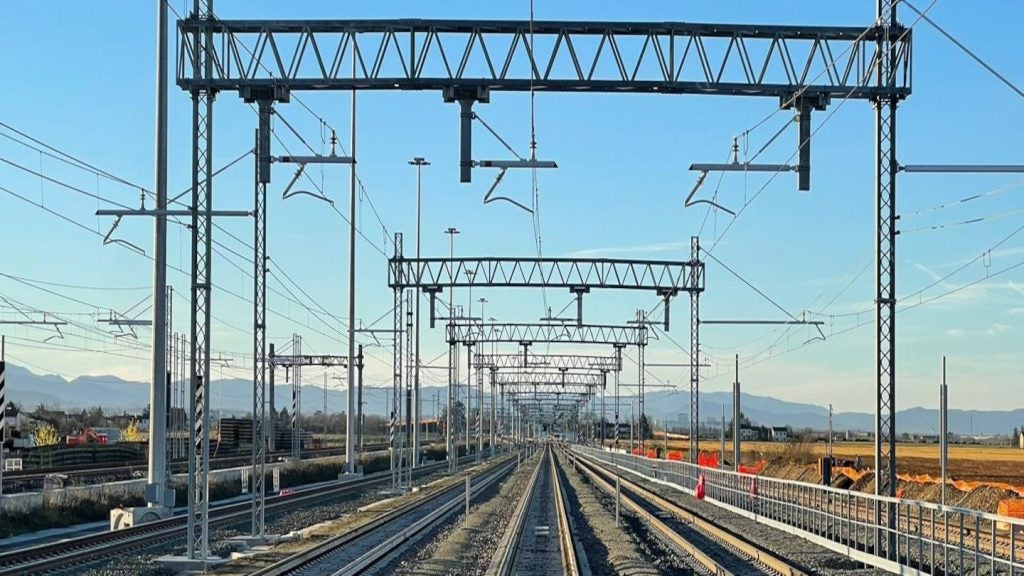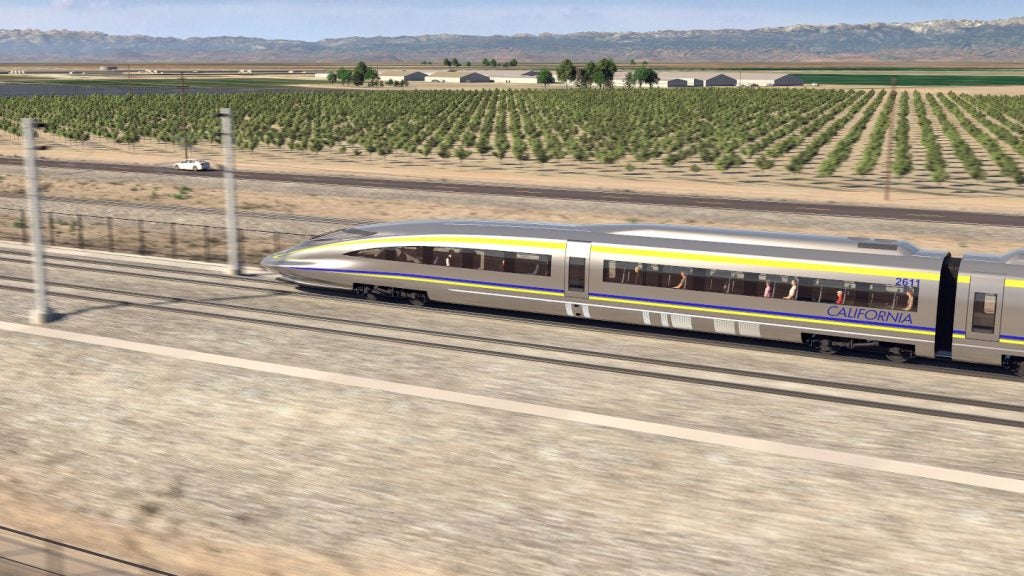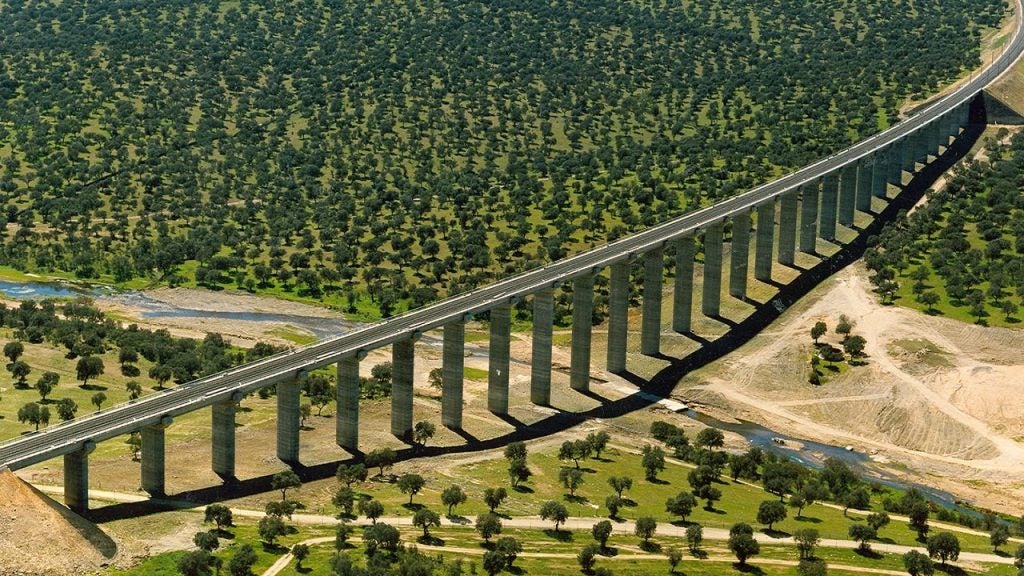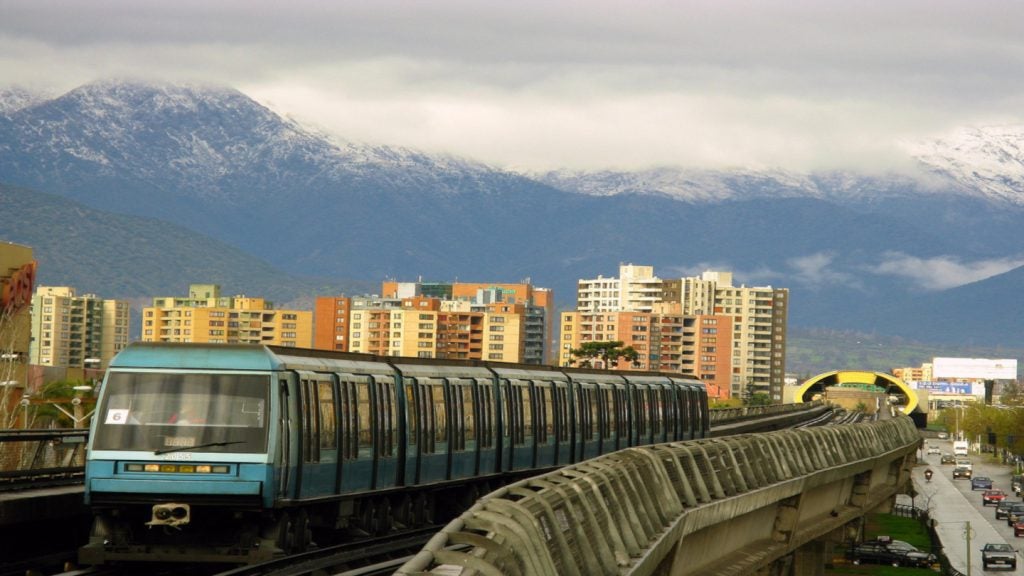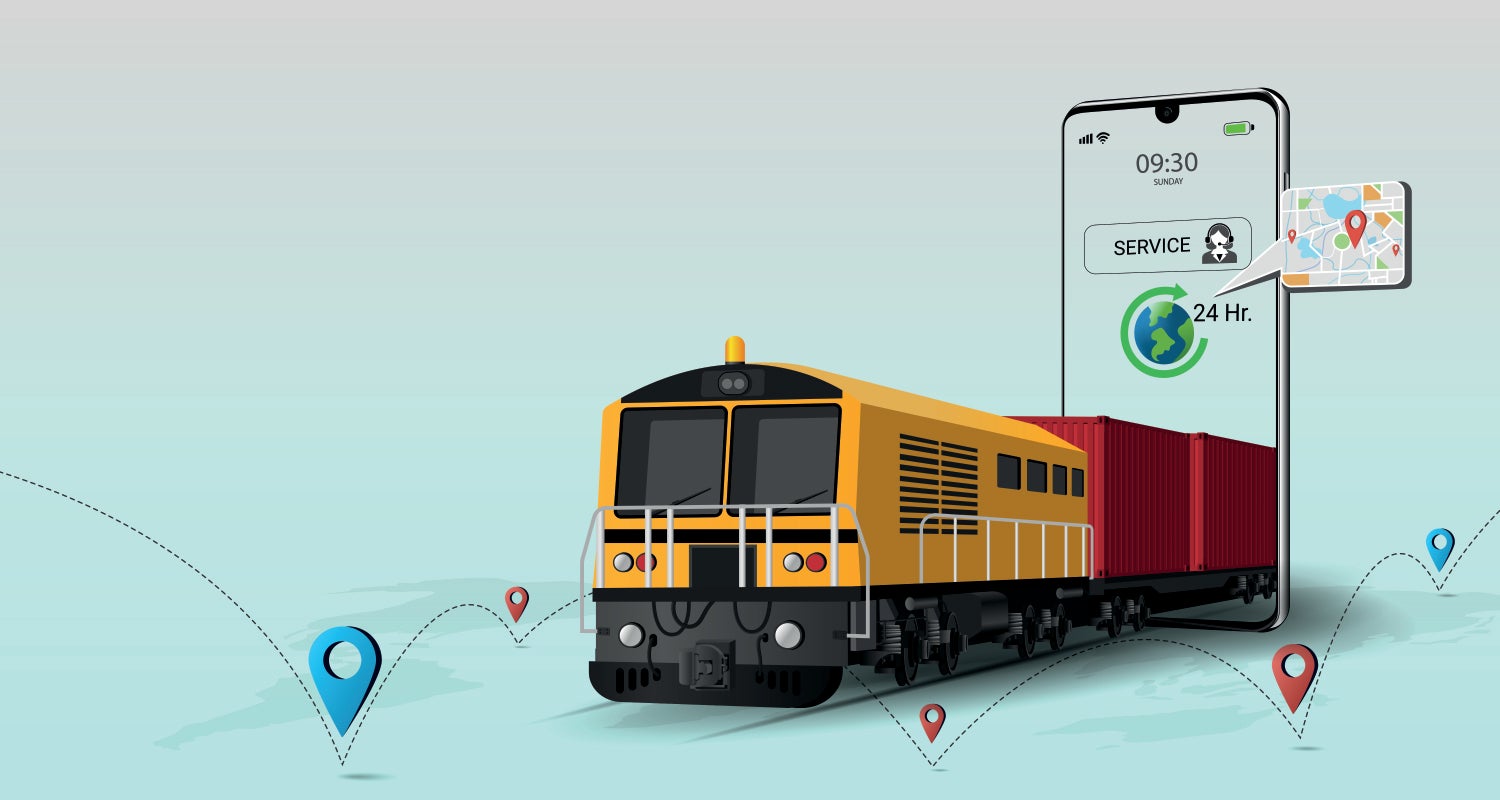
The Railway Industry Association (RIA), recently published a new report outlining the challenges and opportunities facing the rail industry on data and digital technologies.
The report, entitled ‘Data and digital technologies in rail: industry needs, opportunities, and priorities’ was launched at this year’s RIA Innovation Conference.
It came the day after the UK Government published its transport data strategy, which ministers say will improve passenger access to digital apps and sites to help plan, pay, and access the transport system.
Data is the new oil? Perhaps it’s the new solar
The new report was put together following a consultation of RIA members, and includes six ‘asks’ for the rail sector. These points, the RIA argues, would enable, expedite, and ensure the success of the UK railway’s digital transition over the next 10 years.
“Following extensive consultation with a broad range of RIA members, the recommendations in this report set out the tools the industry needs to effectively embrace data now and in the future. We urge the UK Government, policymakers and rail clients to adopt these recommendations,” RIA innovation director, Milda Manomaityte commented at the report’s release
The report argues that the early 2020s is a pivotal crossroads for the UK rail sector, citing the disruption caused by the Covid-19 pandemic, the implementation of the Williams-Schapps plan, and the consequences of Brexit.
How well do you really know your competitors?
Access the most comprehensive Company Profiles on the market, powered by GlobalData. Save hours of research. Gain competitive edge.

Thank you!
Your download email will arrive shortly
Not ready to buy yet? Download a free sample
We are confident about the unique quality of our Company Profiles. However, we want you to make the most beneficial decision for your business, so we offer a free sample that you can download by submitting the below form
By GlobalData“Value is created through what can be derived from the data, not the data itself.”
As with many industries, the pandemic accelerated the adoption of new technologies and as stated in the report, “the voices grew stronger asking for quicker adoption of innovation” in the rail sector during this time.
Many innovations rely on the availability of good quality data, people who understand how to utilise said data, and organisations that enable the use of data and digital technologies. As such, the standardisation and sharing of data will be vital for the advance of new technologies in rail.
“Data is the new oil,” writes Manomaityte in the foreword of the report. “But unlike oil, it is not expended – it is renewable. Value is created through what can be derived from the data, not the data itself. Perhaps we should say: ‘data is the new solar’.”
Digital transition: leadership and skills
The report puts forward three ‘asks’ pertaining to leadership, talent, and the railway’s customers.
It asserts that the railway’s digital transition will require leadership, strategy, and action. Strong cross-industry leadership is needed, to define a strategy and to ensure firm commitment to bringing about the required changes and investment.
The RIA supports the creation of Great British Railways (GBR), but the opacity of the timeline for GBR has created “a hiatus in decision-making”, according to the report. Similarly, the report points out that while there are many competing interests in the data and digital world, not all will benefit the railway or its customers.
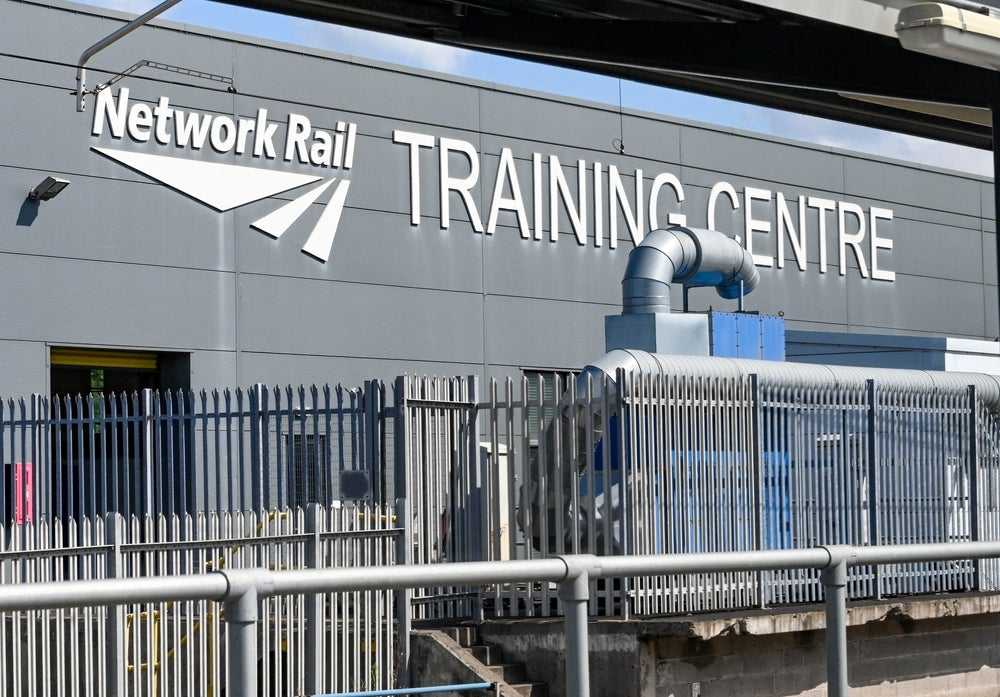
Due to a lack of consistent leadership across the sector by different stakeholders, the RIA argues that an industrywide strategy should be created by a neutral body, appointed to take a cross-industry and cross-supply chain view.
The report also argues that we should empower rail talent, through upskilling and creating the right professional culture.
The report highlights existing initiatives, such as the National Skills Academy for Rail and UK Rail Research and Innovation Network, as ideally placed to support these efforts. Their role needs to be championed and funding guaranteed, according to the RIA, independent of political changes.
Putting customers first
Customers, both freight and passenger, should be at the heart of everything, according to the report.
“The freight or passenger customer of the 2020s is not the customer of the 1990s, and the customer of the 2030s will have even greater service and information expectations,” the report states.
The need for flexibility and information will become ever more prevalent as the freight sector evolves in the coming years. If rail is to convince a greater modal shift to rail freight, it needs to listen to the needs of its freight customers.
“Although the railway’s offering has evolved over time, it is fair to say it has not kept pace with customer expectations in many areas,” the report states regarding passenger rail.
“Even without physical barriers, our ticketing system is antiquated.”
It asserts that recent reforms to ticketing by the UK Government have been ineffective, and complex ticketing options and pricing have led to public mistrust in the railway.
Integrating ticketing into a wider transport ecosystem is key to encouraging a modal shift to rail, particularly important given the environmental benefits of rail travel compared to other modes.
“Our railway places barriers – literally as well as figuratively – between passengers and the service we provide,” the report highlights, adding that there are digital ticketing systems available that could reduce or remove barriers completely – but which we have not been adopted.
“Even without physical barriers, our ticketing system – our main source of revenue – is antiquated when compared to account-based systems in use in other industries and countries.”
Embracing innovation and collaboration
According to the report, the rail industry “needs to open itself up to different ideas from new and experienced innovators”. This requires investing in innovation, implementation, and the business changes that go with it.
But the investment will undoubtedly pay off – Network Rail’s £245m research and development funding from 2019-2024 is estimated to create a gross value added of £1.6bn over 20 years.
The report calls to firstly ringfence investment for innovation rollout across client organisations, including organisational change and upskilling. Secondly, it calls to assign a significant proportion of funding to radical innovation, acknowledging that though some projects will end in failure, the net gains of successes will pay back the losses.
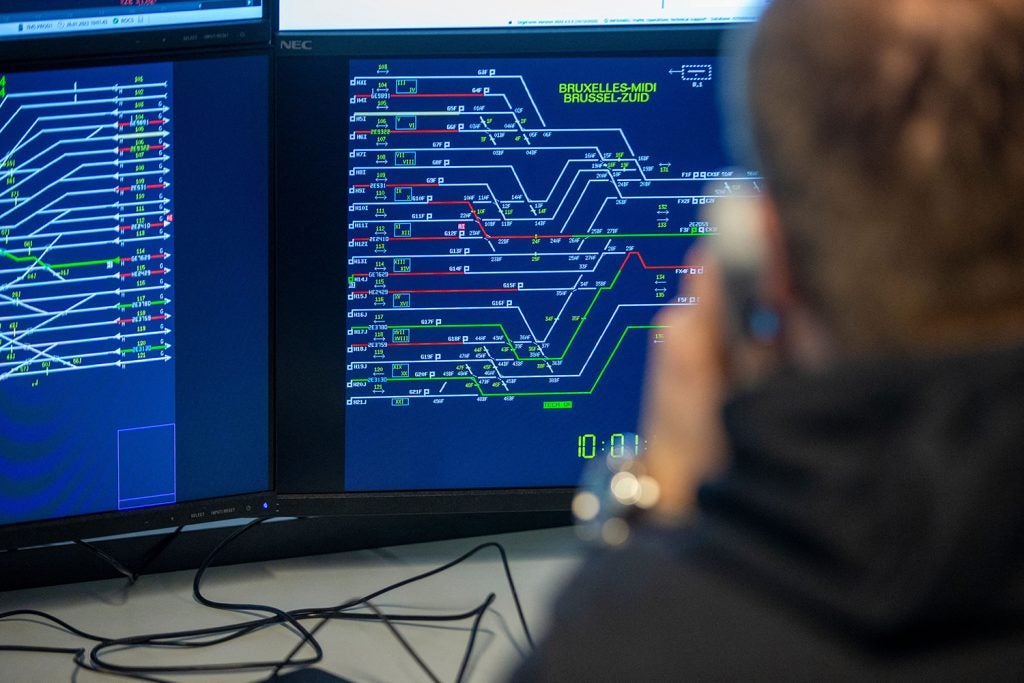
Operations and maintenance must embrace the digital future, the report says, building in digital approaches from the ground up and designing assets, operations, and maintenance around them. It highlights digital twins as an example of this and argues that automating high-frequency, repetitive tasks will be another example in years to come.
Collaboration is vital to the implementation of data and digital technologies into rail, according to the report. There is a danger that with the devolution of Network Rail and the subsequent creation of multiple train and freight operators, there is a risk of duplicating research, development, and innovation. Sharing data and knowledge will avoid this.
Knowing what data actually exists is equally important. for example, independent ticketing retailers currently cannot offer long-term railway planning (over a month in advance) because they aren’t supported by Rail Delivery Group systems. But if these companies have access to the underlying data sets, they could derive it themselves, and offer an improved product to rail passengers.
A digital future railway
“Railway industry leaders and policymakers need to ensure everyone working in UK rail is ready for the transition to an increasingly data-led network over the next 10 years, in what will be a Digital sector,” Manomaityte said during the RIA Innovation Conference in Nottingham.
The creation of the Rail Data Marketplace, a platform where industry data can be traded within the railway sector and across transport modes, is highlighted throughout the report as a big step forward in creating the landscape required for new innovation.
But many of the RIA members quoted in the report also raise the importance of continued investment. This marketplace is just the first step, they say, and more investment and platforms will be needed in the future.
The report says that the railway of the future will be “full of smart sensors feeding information into AI systems, to optimise maintenance and operations”.
It predicts that passenger journeys will be fully interlinked in the future, with adaptive real-time journey planning. If the UK were to adopt account-based ticketing, nationwide journeys could be paid for with a single digital payment, as is the case with London’s Oyster platform.
“Effectively harnessing the power of data is crucial to building a railway fit for the future.”
The report pictures a freight future where freight trains have moved to clean power sources – be that electric or through new fuels, such as hydrogen. Digital marshalling, the RIA predicts, will allow rapid routing of individual containers through the network with predictable and reliable arrival times. The largest market entrant, according to the report, will be high-speed, high-value freight.
It’s up for debate how realistic this image of a future railway is. Many of the technologies highlighted have been in development – or even use – for a while now. It is now time to adopt them into use, which in many cases will require the political will to do so, more so than the wants of industry.
“Effectively harnessing the power of data is crucial to building a railway fit for the future,” Manomaityte commented at the time of the report’s release. “From smart sensors to the use of cutting-edge AI, data will play a critical role in a fully integrated railway in the years ahead.”



